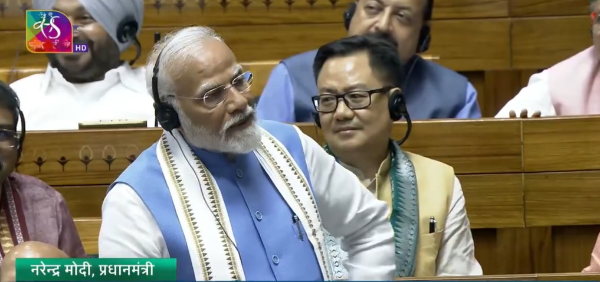Prime Minister Narendra Modi has criticized the Congress party for its handling of recent electoral setbacks, labeling it as the party’s third-largest defeat in history. Addressing the issue during a public address, PM Modi expressed disappointment over the Congress’ failure to gracefully accept defeat and honor the people’s mandate. He accused the party of diverting attention by engaging in futile activities and attempting to mislead the public into believing they had triumphed over his administration.
PM Modi’s comments were made in response to the ongoing efforts by the Congress and its affiliated organizations to create a narrative that suggests they have emerged victorious in recent political battles. He likened these actions to placating a child’s mind, implying that such efforts were aimed at pacifying their own party members rather than accepting the reality of electoral outcomes.
The Prime Minister’s remarks underscored a broader criticism of Congress’ post-election strategy, suggesting that instead of acknowledging the electorate’s verdict, the party was engaged in divisive tactics that could potentially undermine the democratic process. He urged political parties to prioritize national interest over partisan gains and reiterated the importance of respecting democratic mandates.
The comments from PM Modi come amidst a charged political atmosphere in the country, where opposition parties are increasingly vocal about their displeasure with the ruling government’s policies and decisions. The Prime Minister’s stance reflects his administration’s commitment to upholding democratic norms and ensuring transparency in political discourse.
The Congress party has yet to respond to PM Modi’s remarks, setting the stage for continued political tension and debate in the coming days.
This article summarizes PM Modi’s criticism of the Congress party’s response to recent electoral defeats, highlighting his concerns over their handling of the situation and its implications for Indian democracy.



